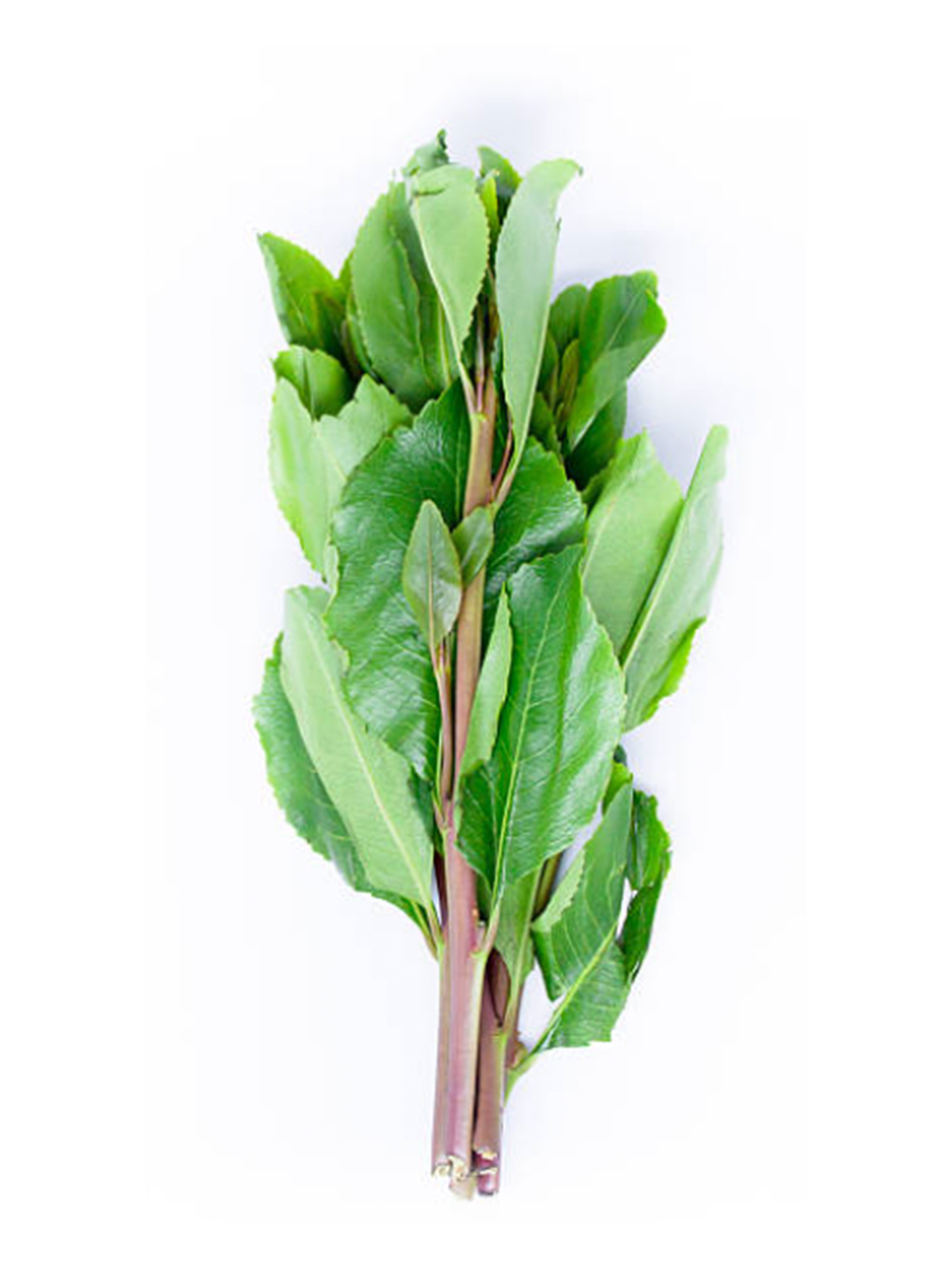Miraa (Khat)

Miraa (khat) known botanically as Catha edulis which includes the local variety known as Muguka is a flowering evergreen tree globally known as khat. Other names include qat, chat and mairungi. Miraa’s first reference was in Abyssinia and Aden Colony (Ethiopia) in the 5th Century. Other producing countries besides includes Yemen, Saudi Peninsula, Madagascar, Uganda. Consumers chew fresh succulent twigs and leaves. Dried leaves prepared through blanching or powdered dry leaves are also used in hot water. Miraa has many uses ranging from economic, social – cultural, medicinal and environmental. Miraa has cultural heritage role to the Meru community. e.g. marriage ceremonies. Miraa has several elements that are useful including vitamins, proteins, various mineral elements, anti-oxidants etc. The product is however mainly identified by the presence of cathine and cathinone.
Miraa grows naturally in Meru along the Nyambene Hills, Tharaka Nithi and Embu counties. The crop has also spread to several other counties as an income diversification boost which include Marsabit, Kirinyaga, Nyeri, Murang’a, Machakos, Makueni, Laikipia, West Pokot, etc. Majority of households living in miraa growing regions directly depend on it for a livelihood. It is estimated that over 4 million people depend on the sub-sector indirectly and about 10 million people use miraa globally on a daily basis.
Miraa was declared as a scheduled crop in November 2016 through an amendment to the Crops Act (2013). Scheduling of the crop allowed the government intervention in the value chain with a view of development, promotion and regulation. The Authority has successfully developed Crops (Miraa) Regulations 2023 and Miraa(Khat) Industry Codes of practice (KNWA 2940: 2021) geared toward boosting production and productivity of the subsector. This has seen the industry progress towards an orderly sub sector and acquisition of external markets that are contributing to revenues of about Kes. 13 billion annually. Kenya’s main export destination is Somalia, Israel and Democratic Republic of Congo (DRC). The sector reforms have led to increased earnings from the value chain. Currently, there are over 25 licensed miraa exporters in the country.

